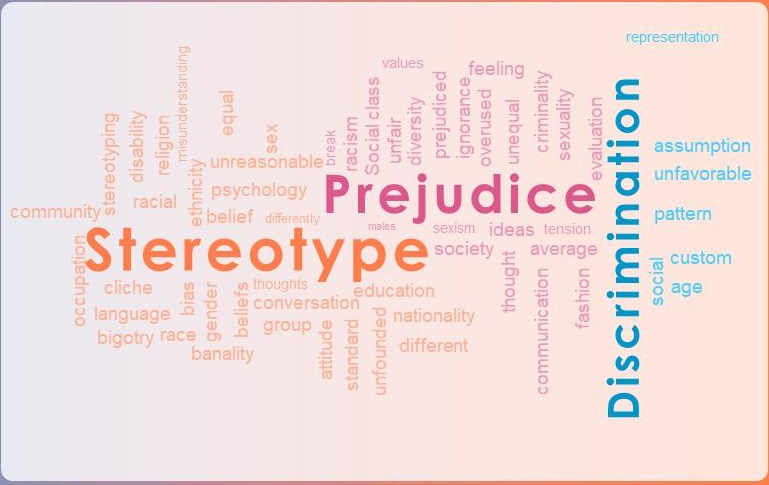Beyond Competition: Understanding the Psychology of Cooperation
The importance of cooperation can occasionally be undervalued in a world where competition frequently takes front stage. But studying psychology reveals the complex mechanisms that govern both the human inclination towards cooperation and how effective collaborations can be made. An essential component of human connection, cooperation cuts across boundaries and encourages the growth and success of communities, businesses, and societies as a whole. Yet, cooperation can also be difficult to achieve, there are often breakdowns in people’s ability to work effectively in teams, or in their willingness to collaborate with others. For example, the issues like climate change which require significant cooperation at the global level, countries often prioritize their prioritize their short-term economic interests over long-term environmental sustainability, leading to disagreements and deadlocks in decision-making From the trust that people place in others to the lines they draw between “us...
